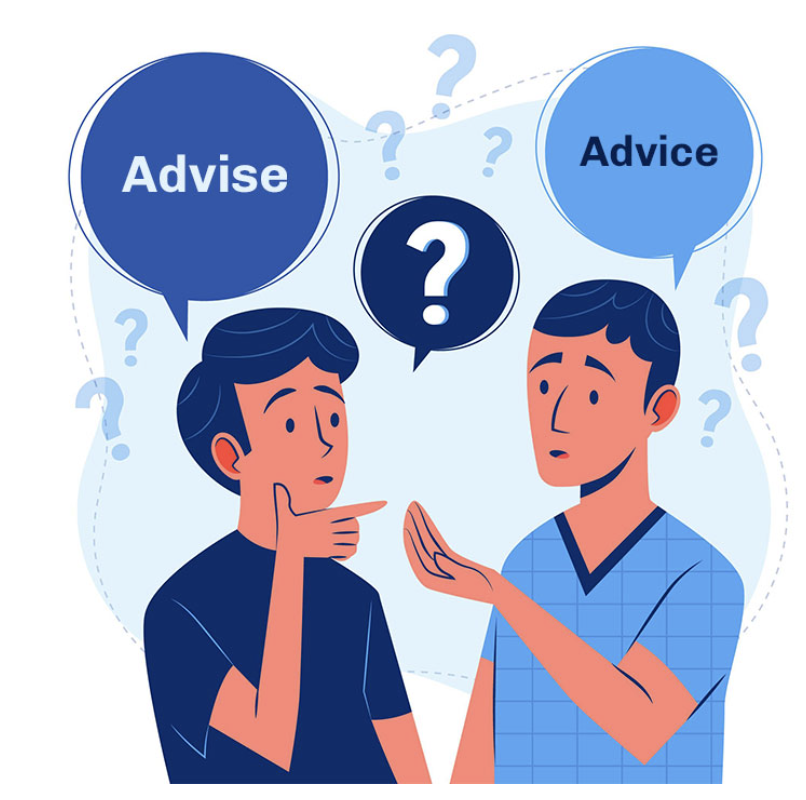Eating Disorders
April 5, 2022
Eating disorders mostly affect adolescents and young women, a health condition treated mostly by psychiatrists and also by psychologists. Teenagers are a very sensitive group to these diseases due to the stage they are going through, that is, when we are teenagers we are exposed to many situations that can become an eating disorder.
Eating disorders represent the third most common chronic disease among young people, reaching an incidence of 5%. Although it is a disorder whose appearance is more common among women, men are affected by these in a ratio of 1:10.

Conducting an interview with a psychologist, Andrea Gomez, whose experience speaks for itself, she tells us that eating disorders are “psychological disorders that a person may have in relation to food.” In addition, she comments that “Eating disorders commonly occur at this stage due to the physical and psychological change they experience.” The psychologist Ms. Lopez, tells in detail her own experience that began at the age of 14 where she compared herself with her school friends and heard comments such as: “She is so skinny.” “She looks like a skull.” etc. Anorexia as one of the many eating disorders that exist, this one in particular was that Andrea went through.
“Everything I ate I vomited, I took laxatives, I belonged to groups where they taught how to lose weight quickly, it was a very dark stage of my life, where all I wanted was to have a perfect body, a body that without a doubt It wasn’t healthy, but I didn’t understand it.” Andrea emphasizes that these disorders not only appear due to these situations, she also tells us that behind these disorders there are family problems, domestic violence and many more situations that can generate these diseases.

The most important thing that Andrea advises is that getting out of or overcoming these diseases is not easy, but it is not impossible either. With professional help from a psychologist or a therapist, plus the unconditional love of the family, it can be overcome. She also calls for empathy on the part of people since, as she tells us in her experience, her disorder originated at school and proposes the following “We cannot continue promoting models of unhealthy bodies, if you know someone who is going through for the same reason, don’t criticize her, don’t talk about her physical appearance, her appearance, this won’t help, that will complicate things, that’s how my experience began, that was the beginning of everything for me, something that lasted five years, but for others it may take much longer or they may not be able to get out of that hole.
We must promote a culture of mental health, the visit to the psychologist, let’s stop thinking that visiting a professional means that we are crazy. Let’s support those who need it and let’s stop bullying in schools where many cases similar to Andrea’s are seen.






































